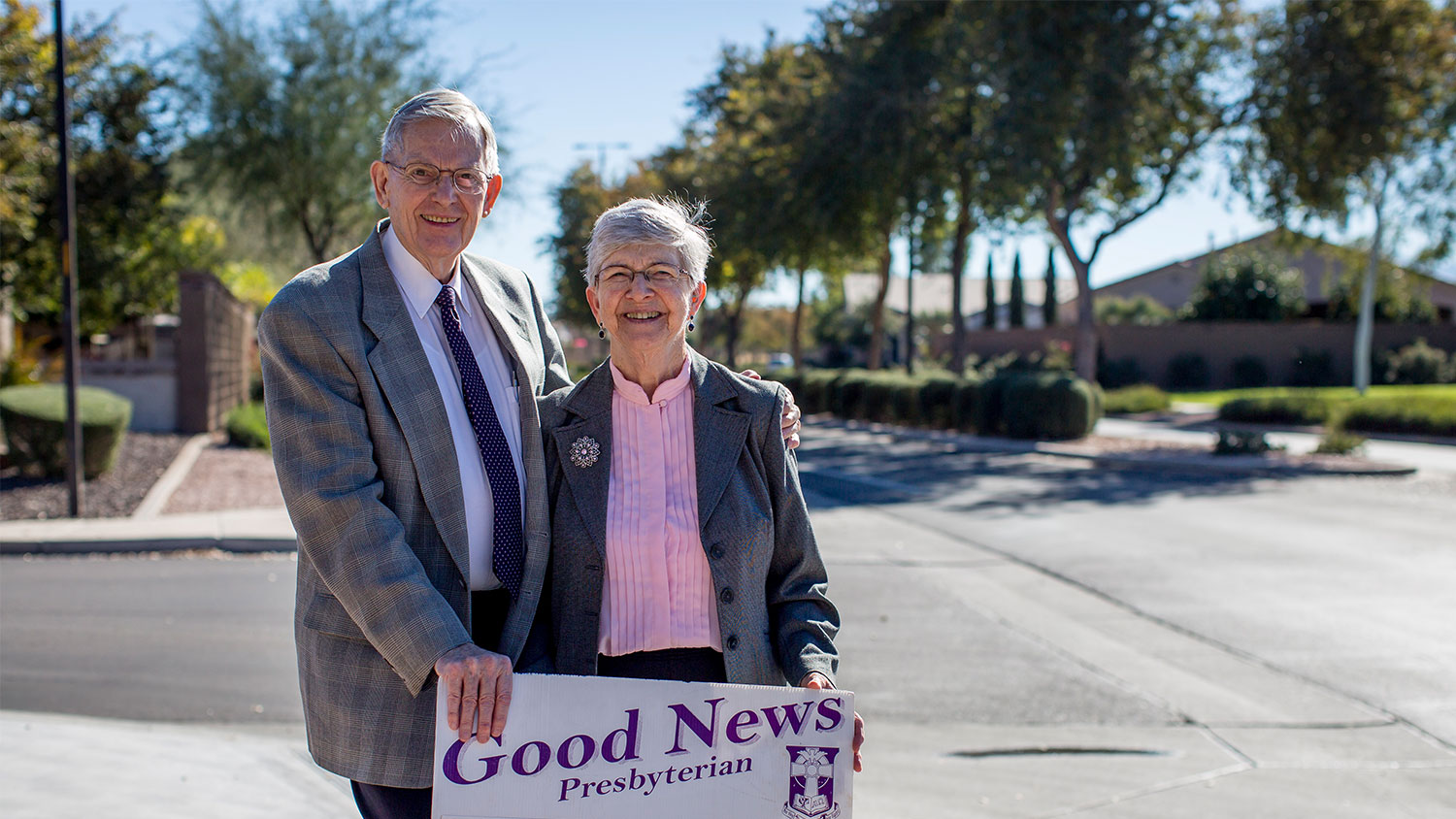
SAN FRANCISCO — The U.S. Court of Appeals for the 9th Circuit ruled Friday that a federal district court should have considered whether a Gilbert, Ariz., sign ordinance unconstitutionally discriminates against religious signs among all non-commercial signs. The court sent the case, filed by attorneys with the Alliance Defense Fund who represent Good News Community Church, back to district court for a decision.
“Churches shouldn’t be discriminated against by a city’s sign ordinances,” said ADF Senior Legal Counsel David Cortman, who argued the case before the 9th Circuit on April 15. “The government cannot require churches to abide by stricter rules than it places on other non-commercial signs. The Constitution prohibits government officials from singling out religious groups for that kind of discrimination.”
In its opinion in Reed v. Town of Gilbert, the 9th Circuit wrote that “Gilbert has adopted a sign ordinance that makes one’s head spin to figure out the bounds of its restrictions and exemptions.”
In May 2007, in response to the ADF lawsuit, the town agreed to a preliminary injunction prohibiting it from enforcing its sign code against the church. The code required that church signs be smaller in size, fewer in number, and displayed for much less time than similar non-religious signs. However, the town passed an amended code that continued to discriminate against churches. ADF attorneys then filed an amended complaint and new motion for preliminary injunction against the revised code. In September 2008, a judge denied the injunction request, and ADF attorneys appealed to the 9th Circuit.
Although the 9th Circuit affirmed the denial on one provision that regulates temporary directional signs, the court sent the case back to the district court, finding that “the district court did not address Good News’ claim that the ordinance unfairly discriminates among forms of noncommercial speech. Consequently, we remand for the district court to consider this aspect of Good News’ challenge, within the context of the preliminary injunction motion.”
ADF is a legal alliance of Christian attorneys and like-minded organizations defending the right of people to freely live out their faith. Launched in 1994, ADF employs a unique combination of strategy, training, funding, and litigation to protect and preserve religious liberty, the sanctity of life, marriage, and the family.

